FLAT 10% OFF ON YOUR FIRST ORDER. USE IVER10
Rifagut (Rifaximin)
Price range: $85.00 through $327.00
Rifagut Tablet, powered by Rifaximin, is a gut-specific antibiotic used to treat infectious diarrhea, traveler’s diarrhea, and symptoms of irritable bowel syndrome (IBS). It works by inhibiting bacterial protein synthesis in the intestines, targeting harmful pathogens while sparing beneficial gut flora. Unlike systemic antibiotics, Rifagut stays in the digestive tract, offering effective local treatment with minimal side effects. It’s suitable for adults and provides symptom relief within 24–48 hours. Some users may notice red urine, a harmless and temporary effect. For best results, take Rifagut as prescribed, and complete the full course.
- Buy 2 and get Flat 15% Off. Use B2SAVE15
- Buy 3 and get Flat 20% Off. Use B3SAVE20
Rifagut Tablet (Rifaximin) – Treatment for Infectious Diarrhea
Rifagut Tablet is an antibiotic medication specifically designed to treat infectious diarrhea by targeting harmful bacteria in the intestines. Its active ingredient, Rifaximin, works by inhibiting bacterial protein synthesis, effectively stopping the growth of infection-causing microorganisms. This medication is suitable for adults and can be used alone or in combination with other treatments. Unlike systemic antibiotics, Rifagut acts primarily in the gastrointestinal tract, minimizing widespread effects on the body. The tablet may cause reddish discoloration of urine, which is a harmless and temporary side effect. For optimal results, complete the full prescribed course even if symptoms improve earlier.
Uses of Rifagut Tablet:
- Treatment of infectious diarrhea
- Symptom management in irritable bowel syndrome (IBS)
- Traveler’s diarrhea
Benefits of Rifagut Tablet:
In Treatment of Infectious Diarrhea: It provides targeted action against gut pathogens while preserving beneficial intestinal flora. It quickly reduces diarrhea frequency and severity by eliminating the underlying bacterial infection. Clinical studies show symptom improvement within 24-48 hours, with complete courses providing relief lasting up to 10 weeks post-treatment in IBS cases.
Side Effects of Rifagut Tablet:
Most side effects are mild and temporary. Common side effects include:
- Headache
- Nausea
- Fever
- Abdominal pain
- Vomiting
- Flatulence
- Constipation
- Tenesmus (urgent bowel movements)
Consult your doctor if these persist or worsen. Reddish urine is normal and harmless.
How to Use Rifagut Tablet?
Take the Tablet whole with water – do not chew, crush, or break it. It can be taken with or without food, but maintaining consistent timing improves effectiveness. The typical duration is:
- 3 days for traveler’s diarrhea
- 14 days for IBS treatment
Complete the full prescribed course unless directed otherwise by your doctor.
How Rifagut Tablet Works?
It contains Rifaximin, which:
- Binds to bacterial RNA polymerase
- Inhibits protein synthesis in harmful gut bacteria
- Stops bacterial growth without systemic absorption
- Preserves beneficial gut microbiota
This targeted action makes it effective against diarrhea-causing pathogens while minimizing resistance development.
Safety Advice:
- Alcohol: Consult doctor – interaction unknown
- Pregnancy: Possibly unsafe – limited human data
- Breastfeeding: Probably safe if prescribed
- Driving: Safe – no significant impairment
- Kidney Disease: Probably safe – minimal systemic absorption
- Liver Disease: Use with caution in severe cases
Drug Interactions:
It may interact with:
- Rucaparib – may increase Rifaximin levels
- Amiodarone – may increase Rifaximin levels
- Azithromycin – may increase Rifaximin levels
- Warfarin – may reduce anticoagulant effect
Always inform your doctor about all medications you’re taking.
What If You Missed a Dose?
Take the missed dose as soon as remembered. If near next dose time, skip the missed dose. Never double dose.
FAQs:
Q1: How long does Rifagut take to work for IBS?
Symptoms typically improve within 24-48 hours, with 2-week courses providing relief for up to 10 weeks post-treatment.
Q2: Can Rifagut cure IBS completely?
While it effectively manages symptoms and delays recurrence, it may not provide permanent cure. Clinical response varies by individual.
Q3: Why does Rifagut turn urine red?
This harmless discoloration occurs due to drug metabolites and doesn’t indicate any health concern.
Q4: Can I take Rifagut for regular diarrhea?
It’s only prescribed for bacterial diarrhea. Viral or non-infectious diarrhea requires different management.
Q5: Is Rifagut safe for long-term use?
Typically prescribed for short courses (3-14 days). Long-term use requires medical supervision.
Q6: Does Rifagut affect gut bacteria balance?
It’s designed to target harmful bacteria while largely sparing beneficial gut flora.
| Dose | 200 mg, 400 mg, 550 mg |
|---|---|
| Pack Size | 30 Tablets, 60 Tablets, 90 Tablets |

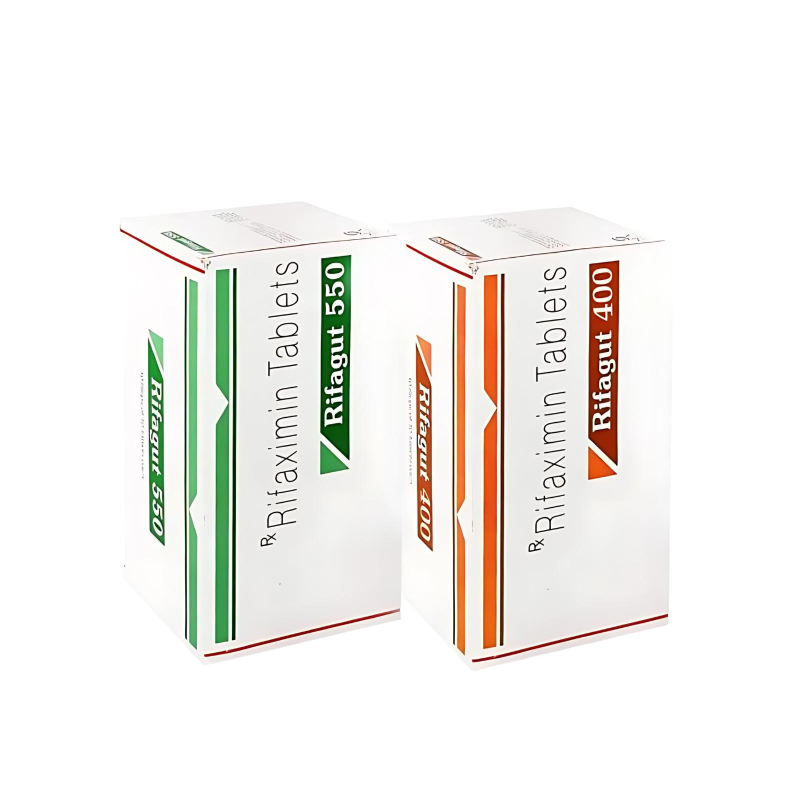
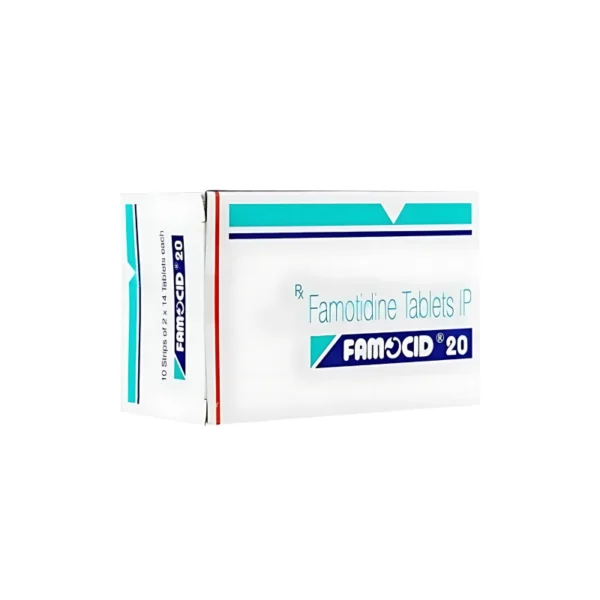
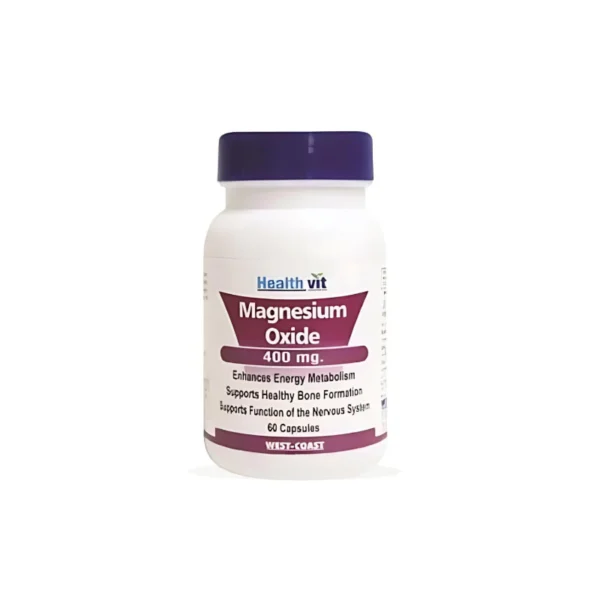
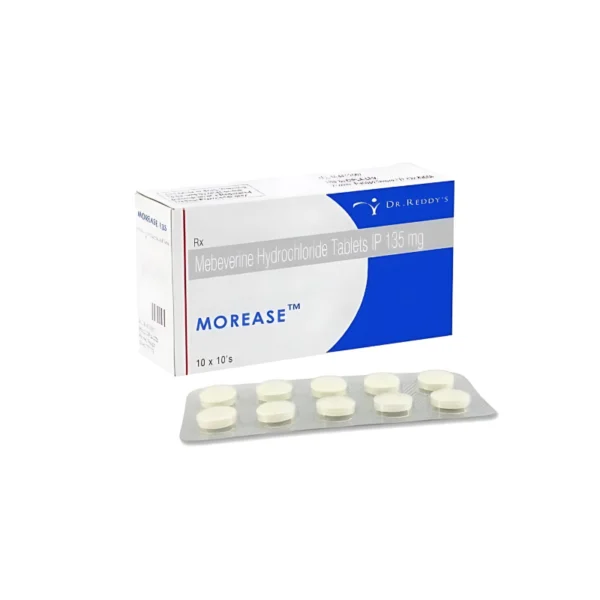
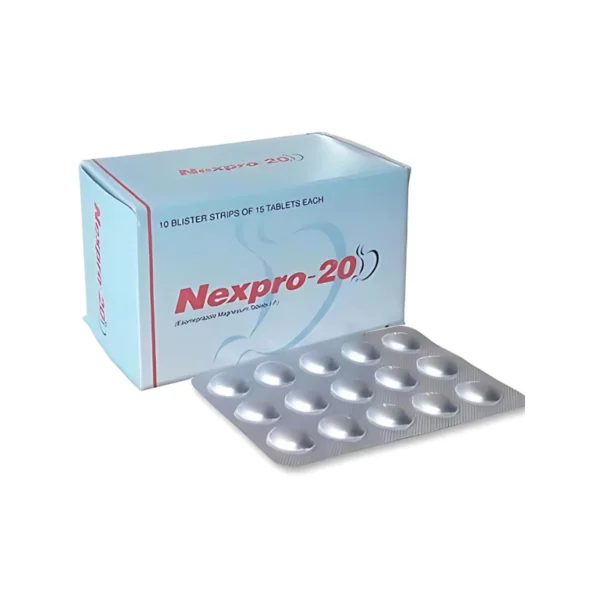
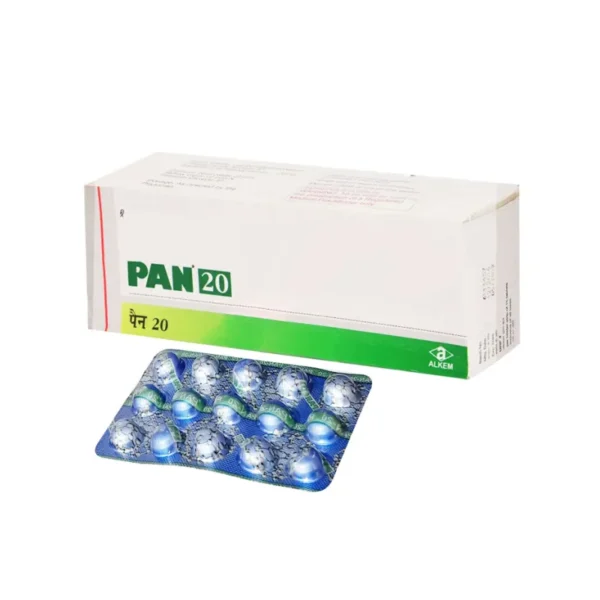
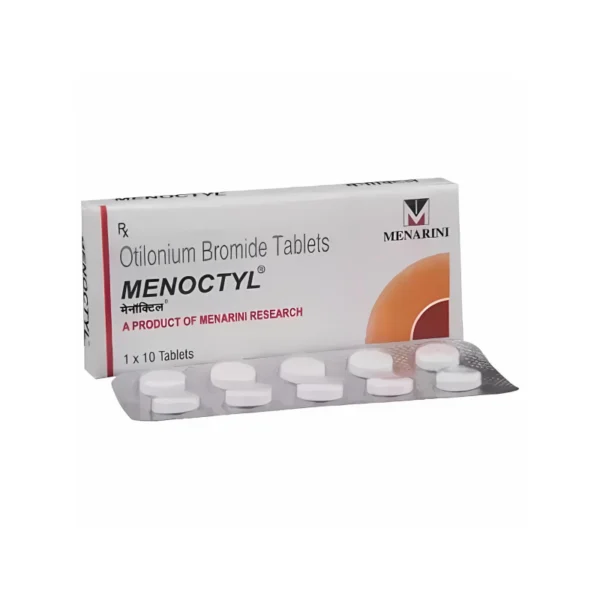
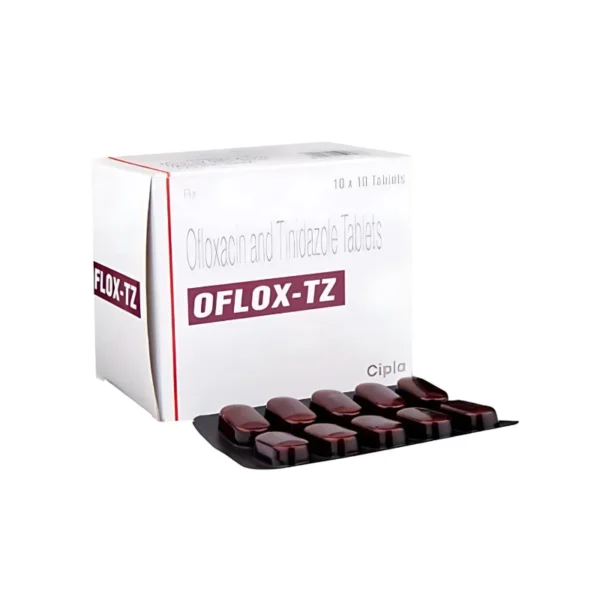
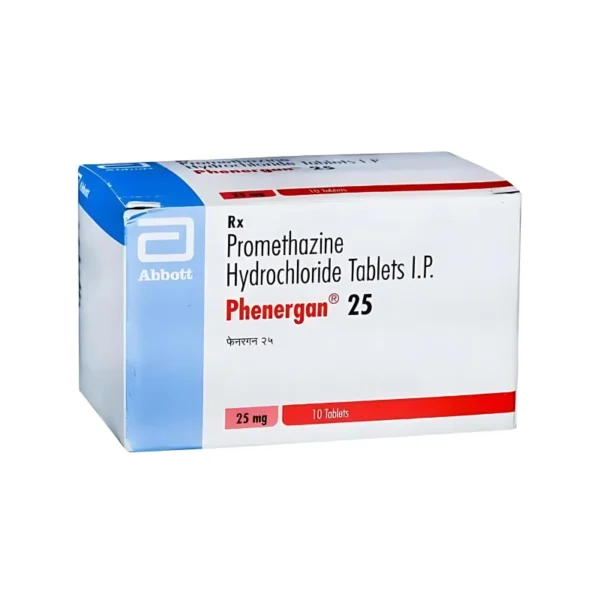
Reviews
There are no reviews yet.